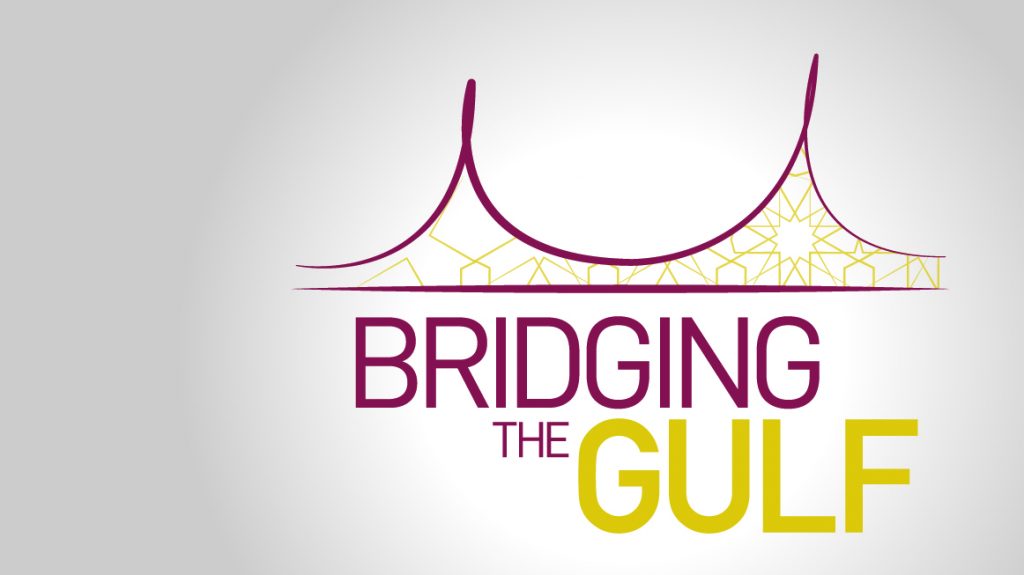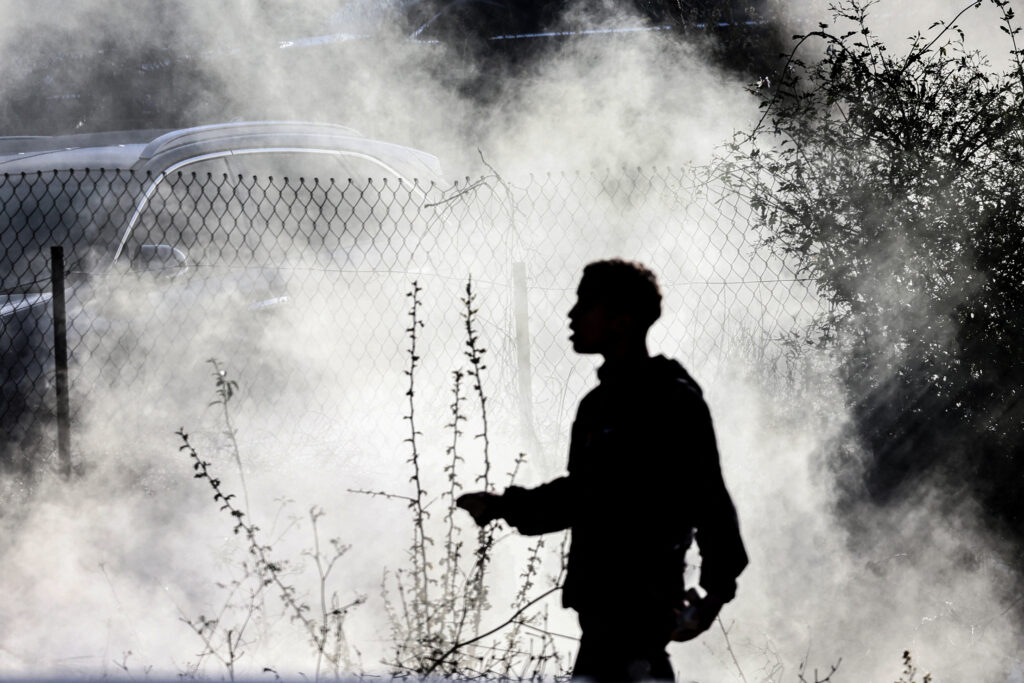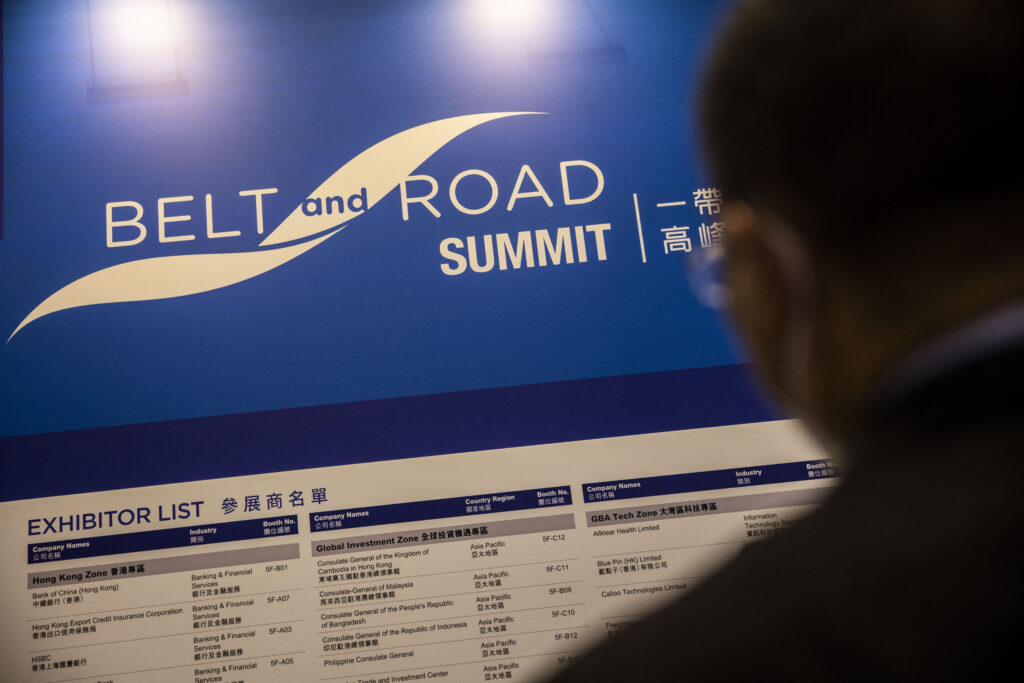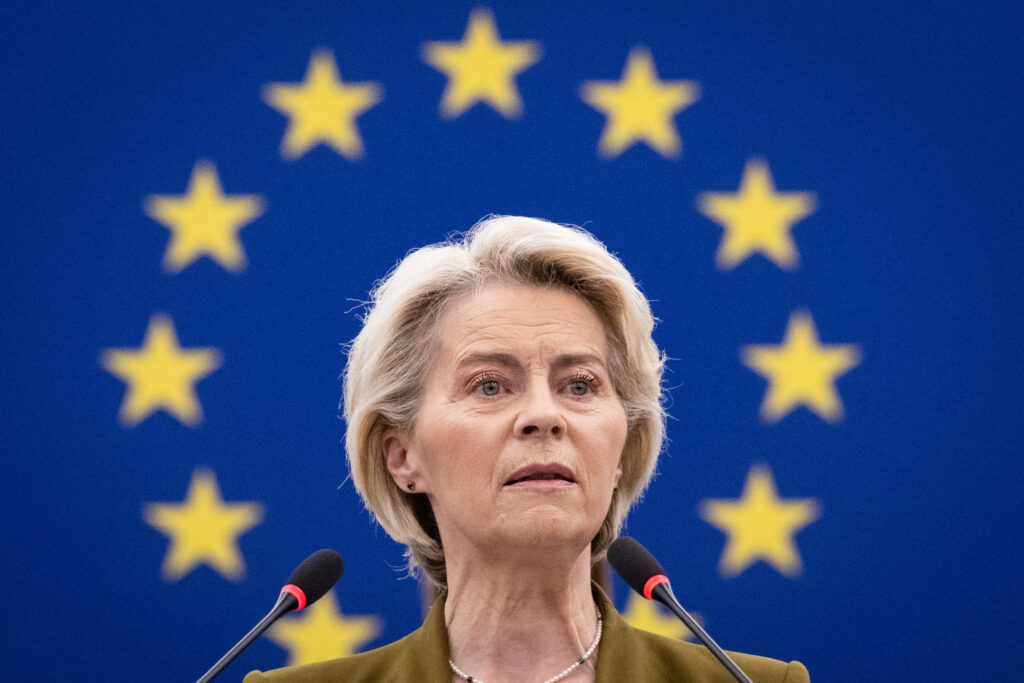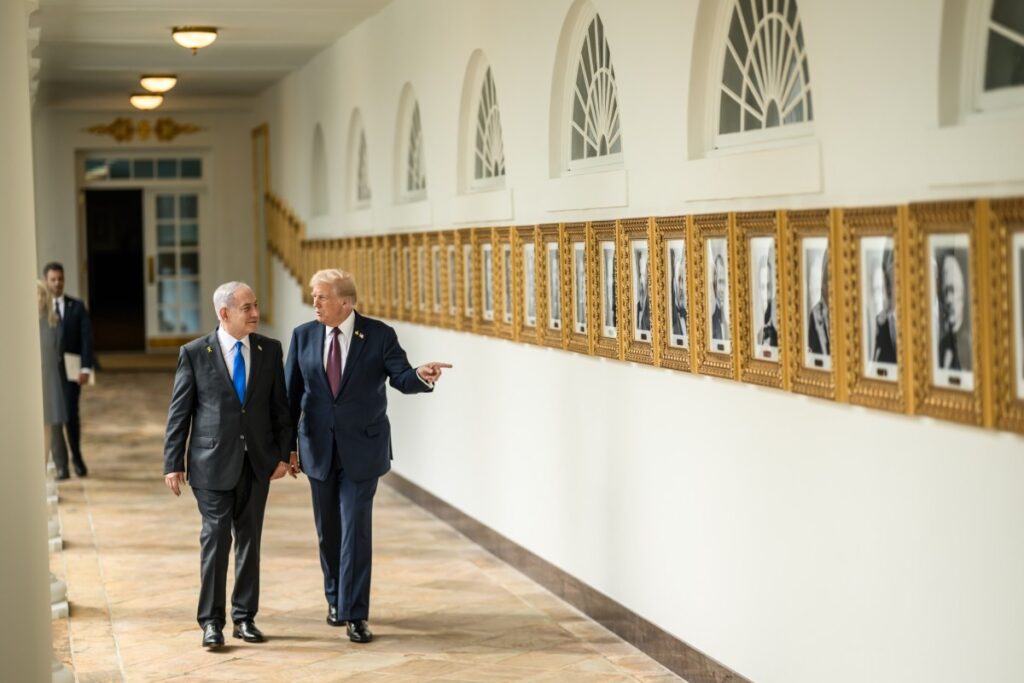Did you know that Kuwait began adopting democracy as a system of government since its independence in 1961? By shedding light on the old ruling traditions of Islamic shura (consultation) and joint governing, we trace Kuwait’s path towards a civil and constitutional state.
From the reign of a shrewd desert warrior to the Iraqi invasion in 1990, how has the nature of Kuwaiti leadership changed? How harmonious have the cabinet and the parliament been since the beginning of their coexistence? Did you know that Kuwait is regarded as a mediator of the Middle East, much like Norway in Europe? This webinar will also provide an overview of Kuwait’s balanced foreign policy.
Speaker: Dr Tahani Al Terkait, Kuwait
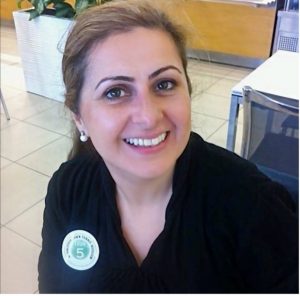 Dr Tahani Al Terkait is a researcher on politics focusing on Kuwait, the Gulf region and the Middle East. She earned her PhD in political science from Durham University, UK. She defended her thesis in 2017, entitled “The Conceptual and Constitutional Underpinnings of Kuwait’s System of Government”. She is also a member at the London-based Centre of International Studies and Diplomacy (CISD), SOAS, where she received her Master’s degree.
Dr Tahani Al Terkait is a researcher on politics focusing on Kuwait, the Gulf region and the Middle East. She earned her PhD in political science from Durham University, UK. She defended her thesis in 2017, entitled “The Conceptual and Constitutional Underpinnings of Kuwait’s System of Government”. She is also a member at the London-based Centre of International Studies and Diplomacy (CISD), SOAS, where she received her Master’s degree.
Before pursuing higher education, Dr Al Terkait worked for Kuwait’s public sector for 15 years, serving her country as a diplomat and consultant in public diplomacy. She served Kuwait as Kuwait’s first female Press Attaché at the Embassy of Kuwait in Washington DC, USA, from 2001 to 2007. Her academic and professional experiences have shaped her research interests in political reforms, human rights and gender equality in the Arab world.
Listen to the full event here:
Watch the full event here:
A summary of Session 4’s proceedings can be found below.
Bridging the Gulf Session 4: Answering the Five “W”s of Kuwaiti Democracy
By Tan Feng Qin, Research Associate, Middle East Institute, National University of Singapore
In the 4th session of MEI’s Bridging the Gulf series, Dr Clemens Chay, research fellow at the Middle East Institute, National University of Singapore and host for this series laid out the political role of the diwaniyya in Kuwait, setting the scene for researcher Dr Tahani Al Terkait to detail Kuwait’s rich political history and explore the development of Kuwait’s uniquely tailored form of democracy.
The Diwaniyya in Kuwaiti Society and Politics
Dr Chay began by exploring the social and political role of the diwaniyya (ديوانية) in Kuwait, which he described as a more affectionate term used in the country for the Gulf social institution of the majlis (مجلس). The majlis can be described as a traditional community salon, a council occurring at the grassroots level but also at a more formal level where tribal chiefs and sheikhs meet other members of society. The word comes from the Arabic verb “jalasa” (جلس) meaning “he sat”. The institution is traditionally a male preserve in the Gulf states, where it remains an ongoing part of Gulf and Arab culture for men to sit together over coffee and discuss and exchange news.
The diwaniyya played the vital role of addressing the community’s social needs in the closely-knit communities of pre-oil Kuwait. It served especially as a meeting point for different stakeholders in maritime trade which included pearl divers, shipbuilders, sea captains and merchants but also for the community at large. Whenever a problem arose, Kuwaitis would go to their neighbourhood diwan to seek a resolution and this practice and custom continues even today, where family dawawin (دواوين, plural of diwan ديوان) meet regularly on specific days of the week. When the diwaniyya were held in tents, sitting arrangements indicated the social status of a guest. More distinguished personages literally sat upfront and centre with the sheikhs, flanked by their advisors and knights and religious elders. If you were less important, you might find yourself sitting further away; perhaps even next to the exit at the back of the tent.
The diwaniyya has even taken on a political role in modern Kuwait. The diwaniyya see a lot of intense campaigning when parliamentary elections come around, with candidates making their rounds at the diwaniyya of different families to make their case with a speech and try to garner votes. These candidates include women, for they have been allowed to run for office in Kuwait since 2005.
As grassroots spaces, the diwaniyya also served as an alternative counterspace for political activity in extraordinary times. In 1986, when the Kuwaiti parliament was unconstitutionally suspended, the diwaniyya allowed Kuwaitis to gather and organise against the government’s intention for absolute rule. When Iraq invaded Kuwait on 2 August 1990, dawawin were established outside the borders of Kuwait itself, in places as different as Dubai and London, where they were used as meeting points by groups lobbying against the occupation. When Kuwait was liberated, the diwaniyya served as a precursor to a restored parliament as a first step towards rebuilding the country’s political system.
The tribal custom of the majlis continues to be embedded in everyday social life in the Gulf states and has even been inscribed in the intangible cultural heritage list of the United Nations Educational, Scientific and Cultural Organisation (UNESCO). In Kuwait, the diwaniyya exists within a social and political custom of consultation known as shura (شورى), within a larger culture that sees the ruling Al Sabah family as first among equals.
The Early Political History of Kuwait
To explore the five “W”s of Kuwaiti democracy, that is, the who, what, when, where and why questions underlying the country’s political system, Dr Al Terkait gave an overview of Kuwait’s beginnings and political history.
Before 1752, people in Kuwait dealt with each other on a family basis in the absence of formal political arrangements. The residents of the territory sought to resolve disputes among themselves cordially, issuing laws and regulations. In 1752, however, Sheikh Sabah (known as Sabah the First) was appointed by the people of Kuwait as their first ruler.
The appointment of Sheikh Sabah allowed the affairs of the town to be managed while its notable members of its elite were away, the pearl divers on long trips diving for pearls and the merchants embarked on their constant travels. Sheikh Sabah solved internal disputes and maintained peaceful ties with regional tribes. According to political scientist Jill Crystal in her 1995 book Oil and Politics in the Gulf: Rulers and Merchants in Kuwait and Qatar, the Sabah ruling family, originally from Najd in present-day Saudi Arabia, gained its power with their “diplomatic and negotiating skill”. This political prowess proved important in governing the settlement’s relations with neighbouring tribes as the power of the Bani Khalid, the dominant tribe in the region that had hitherto “kept the peace”, declined. According to Kuwaiti historian Sayf Marzuq Al Shamlan, it was the social status of the family arising from the influence and reputation of Sheikh Sabah’s father from their days in Najd, that helped Sheikh Sabah secure his appointment.
The notables of Kuwait came together with Sheikh Sabah to establish what Political Scientist Ghanim Al Najjar called a “joint governing tradition” where the ruler would address the “daily affairs” of the town while the merchants would support him financially on the condition that he “consulted with them on major decisions”. Professor Al Najjar noted that this created “complete interdependence between the ruler and the ruled”. As Dr Al Terkait explained, even as Kuwait’s ruler administered the town’s affairs and in doing so facilitated trade for the merchants, he also remained financially dependent on them for they provided him with a portion of their income through taxes and personal loans.
Up to the reign of Mubarak the Great, the 7th ruler of Kuwait, the ruler was akin to the head of a tribe who while in-charge of political affairs, was nevertheless seen by his people as an equal. Mubarak came to power in 1896 but was seen as an authoritarian by those he ruled. Mubarak broke two key traditions of rule that had prevailed. He installed direct hereditary rule by passing on his position to his son; previously the heir was selected from the wider Al Sabah family by a gathering of family elders upon the death of a ruler. The two ruling branches of the Al Sabah family in present-day Kuwait, the Al Ahmad (also known as the Al Jaber branch) and Al Salim branches in fact, trace their lineage to the first two sons of Mubarak. Furthermore, Mubarak broke the joint governing tradition with the merchants of the town, enforcing his decisions without consultation and expecting complete compliance. Kuwait also became a British protectorate under the Anglo-Kuwaiti Treaty during his reign.
The Councils that Shaped Kuwaiti Democracy
Dr Al Terkait argued that the road to Kuwait’s present elected parliament was paved by two councils, one in 1921 and the other in 1938. Sheikh Salim, the second son of Mubarak the Great and the ninth ruler of Kuwait, passed away in 1921 without naming his heir. Five notables took this opportunity to push back against the autocratic rule of Sheikh Salim and his two predecessors and seek to restore the old joint governing tradition. They gathered in a diwan and organised a petition that sought to find a method of succession and to limit Sheikh Salim’s successor to three men from the line of Mubarak the Great that they approved of. The petition also called for the establishment of an elected shura (or consultative) council based on “free and equal elections” which the new ruler would head.
From the three nominated candidates, the Al Sabah family selected by consensus Ahmad al-Jaber as the new ruler and amir, which Jill Crystal notes set a precedent for a new succession pattern that exerts its influence to the present day—an alternation between the Al Ahmad and Al Salim branches of Kuwait’s ruling family. While the new amir rejected the election of its members, he approved the establishment of the council—known as Shura Council of 1921—and appointed its 12 members. Although it fell apart and was dissolved after just two months as a result of internal bickering, the Council of 1921 was noteworthy in that it represented an attempt to restore the principle of consultation in the ruler’s relations with Kuwait’s elites.
Dr Al Terkait argues the council also represented an attempt to institutionalise the principle of joint governing in an “independent body representing the people of Kuwait”.
The next significant event was the formation of the Legislative Council of 1938. The invention of cultured pearls in Japan in the late 1920s and the Great Depression of the 1930s had caused hardship for the merchants of Kuwait. The discovery of oil in 1936 also provided a source of independent revenue for Kuwait’s ruler that further weakened his financial dependence on the merchant class.
The economic problems Kuwait’s merchants faced led them to seek political reform. They organised themselves as an opposition group and sought to reach the public directly and gain their support, before petitioning their ruler to establish an elected council. As Jill Crystal notes, the merchants drew up an electorate from the 150 heads of leading Kuwaiti families who elected a Legislative Assembly of 14 members. The merchants then asked a rival of the amir from the Al Sabah family to head the assembly. Ahmad al-Jaber eventually consented to the elected council in July 1938 and later to the basic law the council drew up to establish the extent of its authority which included legislative powers over financial matters, justice, education and other affairs as well as the control of departments overseeing these issues.
While it became more influential in running Kuwait’s affairs, the council lasted only six months and was dissolved in December 1938 when Kuwait’s ruler, already displeased over the new political arrangement and the council’s role in distributing the allowances of the amir and ruling family, balked at their request for a cheque for the country’s oil revenues.
Independent and Modern Kuwait
Kuwait gained its independence on 19 June 1961. Abdul Karim Qassim, then president of Iraq, claimed sovereignty over Kuwait and threatened the use of force which according to Dr Al Terkait, helped trigger the country’s rapid adoption of democracy.
Sheikh Abdullah Salim, amir of Kuwait since 1950, had in the first years of his rule restored a balance in the formerly tense relations between the Kuwaiti government and the opposition, which was formed of Arab nationalists inspired by President Gamal Abdel Nasser of Egypt and hailing from different social classes in Kuwait. Known as Abu al-Dustur (أبو الدستور), or “father of the constitution”, Sheikh Abdullah Salim issued Decree 12/1961 which called for elections to a 20-member Constituent Council to draft the new constitution of Kuwait. The council was notable in being an elected council, none of whose members were from the ruling family. Five members of the council was elected to a Constitution Committee to discuss a draft of a constitution prepared by experts from Egypt. The constitution of Kuwait was ratified on 11 November 1962 and the day is celebrated annually as Constitution Day (Yawm al-Dustur, يوم الدستور) in Kuwait.
Dr Al Terkait then gave an overview of key articles of the Kuwaiti constitution which spans 183 articles. Article 6 in particular enacts that “the system of government in Kuwait shall be democratic” with sovereignty residing “in the people, the source of all powers”. Yet Article 2 also defines Islam as the state religion and states that “the Islamic Shariʿa shall be the main source of legislation”. This has raised questions over whether Kuwait can be a democracy if the Shariʿa is a main source of legislation.
Dr Al Terkait concluded her presentation by noting that what makes Kuwait’s system of government unique is its hybridity which combines a hereditary monarchy with democratic elements of a representative parliament that is nevertheless also influenced by Kuwait’s Islamic and Arabic heritage. Kuwait’s political system has undergone a great leap from a simple tribal, shura tradition to a modern democratic parliamentary one.

